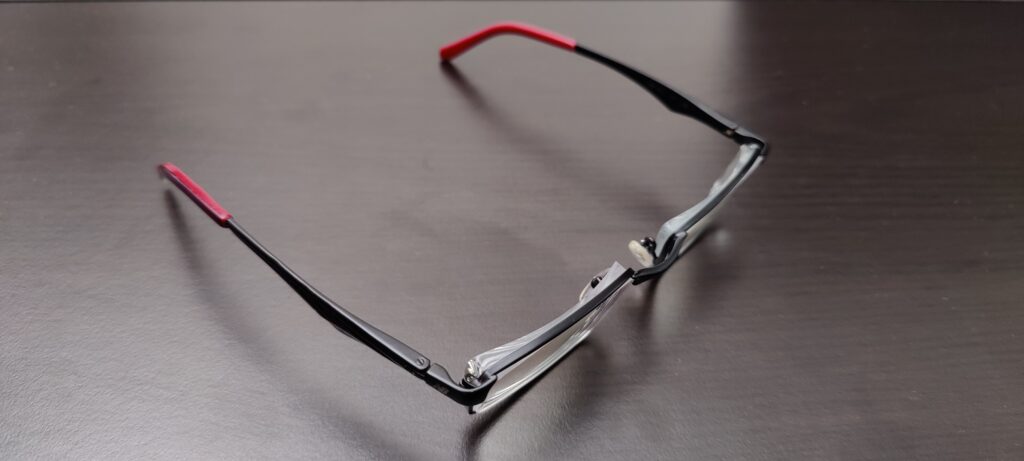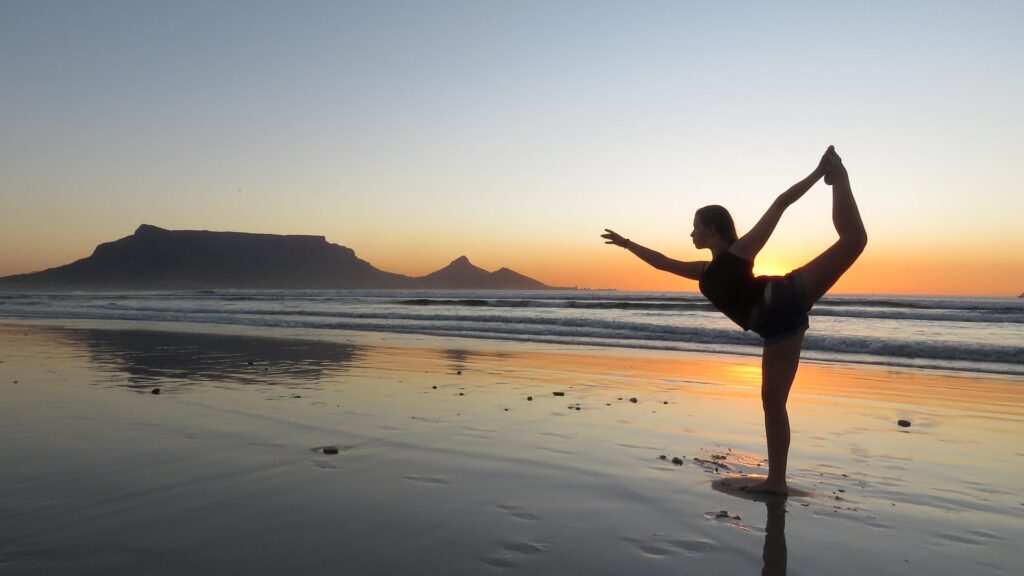First of all, I’m sorry I didn’t update this blog in June. Nobody really cares except for me, but I’m still planning to post twice in the last stretches of this month to make up for it. Still, after nearly a year of monthly blog posts, what’s my excuse for missing last month?
Originally, my excuse was the NEO Voice Festival, which I participated in during late June. This is quite ironic because my attendance (albeit virtually) in the festival last year was one of the main things that inspired me to start blogging in the first place. But the truth of it was that during the festival, I stayed in a cheap hostel in the depths of Hollywood with horrible wi-fi. Even though I had an entire blog post drafted, the internet just wasn’t good enough to publish anything.
If you’re curious, this is the final performance from this year’s NEO Festival! Perhaps it’ll get another post of its own…
That was my first excuse. But then, the festival finished on July 3rd, which means I’ve still neglected my blog post for twenty days. This post I’m writing right now is not the one I still have drafted in the depths of WordPress; that’ll go up later this month. So what’s the real excuse, or at least the real explanation?
The answer: health. And that’s what I want to muse over today.
Musically, this summer has been delightfully busy for me. I had the aforementioned festival (see above!), but the week before that, I participated in an intense album recording session for a friend. After the festival, I performed in a small opera production on four rehearsals, and after that, I pulled together a concert of Moravian music with some friends. Now I’m in rehearsal for two concerts of Renaissance and Medieval music, before I fly back out to California to do work-study for a week-long viola da gamba conference. And amidst that all, I’ve been working a job as the Marketing and Sales Coordinator for a classical music concert series, so I’ve been learning to sell ads and come out of my introverted shell just enough to cold-call and cold-email countless strings of contacts and beg them to come to concerts. For a freelance musician, this schedule is pretty great, and it gets enough money to pay the bills, too. But that makes me wonder: how does one make this lifestyle a sustainable way of living?
In my downtime between all the engagements above, I’ve run around getting vision checks, dental checks, clinical checks, bloodworks, etc., and it’s become clear that I am not in the greatest health. This is not at all surprising: my genetics are cursed with stupendously bad vision, I’ve visited the dentist far too few times in my life to be healthy, and I have a history of anemia which has only gotten worse.

Yet, I’ve known about my health problems for a while, and I haven’t done anything about them. Why would I spend extra money to eat red meat if I’m tour and have a limited budget? Why would I spend money on health insurance when I could use that money toward the next round of audition recordings? Are these horrible ways of thinking? Yes. Do I still find myself thinking like this, even when faced with health complications? Also yes.
The worst thing is, I don’t think my situation is atypical to the standard musician. One of the people I worked with recently is a full-time freelancer with multiple years of experience, and they told me they haven’t had dental insurance in years because it’s too expensive. The last time they went to a dentist was when their parents insisted to cover a standard visit’s expenses, and man was it lucky they didn’t have any cavities or dental situations of concern. That shouldn’t be happening to a full-time, incredible professional musician, but when you’re a freelancer in the US, it happens. Over the course of the last month, I’ve also encountered not one but four young musicians who stress-fast enough to affect their energy levels and ability to perform. It seems like musicians, who rely on health in order to do their jobs, ironically maintain the worst health of us all.
What do we do about this? Is there anything we can do about this? The answer probably lies in the problem’s origins, and in the US, those origins are fairly obvious. Music doesn’t pay much, especially considering how much time goes into it, and the cost of health insurance in the US is nothing to sneeze at. Plus, in younger generations, music tends to attract those who want to express something that cannot be said in words. Such people tend to be more emotional and vulnerable, and while those are beautiful traits on their own, they don’t necessarily mesh with the relentless grind of the freelancer. There’s a reason why it’s said that music schools have the highest rates of depression, regardless of whether that’s actually true.
So the answer’s clear: we need free and effective healthcare for all musicians, and probably better-paying gigs, too. As if that will happen in the next few generations.
I have a friend who has quite a bit of life experience, and once told me confidently, “You can make a better living than most of your relatives on gigging.” I have another friend who also has quite a bit of life experience, and told me, “The only way you can make a good living off of music is if you have a well-paying side-hustle or a well-paid partner or family member.” Both are true, I’m sure, and one might be more true than the other depending on location. But what I think I’m learning is that one needs not just musical skill and connections in order to make it as a freelancer; one also needs physical fortitude, and enough funding to actually take care of their body in the case of burnout or a health emergency. And that should probably be obvious, but in the world of music—in the world of passionately chasing after something that only has subjective and/or spiritual value—it’s a concrete fact that’s easily forgotten.

